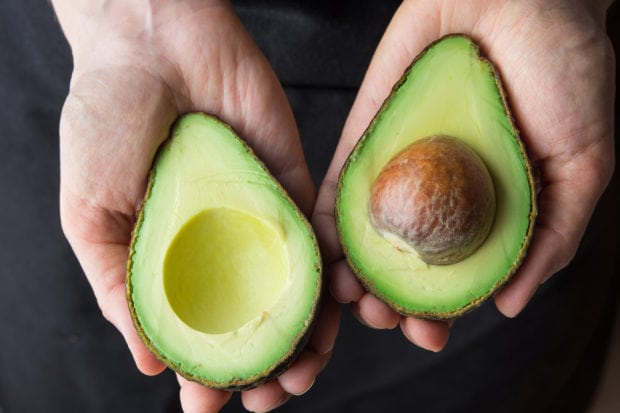Are you still buying brown eggs because you think they are healthier? If you answered yes, then you are like most shoppers who are putting items in their baskets that they believe are better for them, but are really only costing them more money. Knowing the tricks of the grocery store can save you time and money. Here is what you need to know before you get to the checkout line.
Brown Eggs vs. White Eggs Contrary to popular belief, there is no nutritional difference between white and brown eggs. On average, brown eggs cost $1.10 more than a white egg. So, what are you buying for $1.10? Different chickens lay different colored eggs. Chickens that lay brown eggs tend to produce slightly larger eggs than that of other chickens. Most often, people assume the brown shell provides better health benefits, but nutrition scientists have revealed no significant difference. They do suggest to always buy your eggs cage free to get the maximum health benefit.

iStock
Don’t Buy Organic Avocado Pesticides and GMOs are terrible for our foods and our health. To avoid consuming artificial fertilizers, we tend to buy organic fruits and vegetables. Although buying organic is good to avoid harsh chemicals, stores tend to mark up the prices on their organics selection. Some fruits and vegetables, like yellow squash, need to be purchased with the organic label, but others can skip the label and still be good for your health. According to a study at Business Insider, avocados were ranked right behind sweet corn as one of the cleanest food, non-organic label foods to buy, containing less than 1% of pesticides. Since organic avocados are increasing in price (looking at your avocado toast), consumers can save at the store by skipping the organic label.
National Brands vs. Store Brands If you are visiting a chain store or your local market, it can be tempting to buy the name-brand items because shoppers often believe national brands make better quality products. This is generally a myth. Store brand goods are more often much cheaper and contain very little nutritional or flavor differences to national brands. Store brands, like Target’s Market Pantry, have daily deals for customers that can save them money each trip to the store, but great items to always buy store brand are frozen fruit and canned goods.

iStock
USDA Labels are More Important Than the Name of a Meat Don’t let the name of a fancy sounding red-meat fool you into paying more! Angus steak. Sounds rich, right? Wrong! Stores can take advantage of shoppers conceptions of what is high quality or low quality. Experts suggest to always look for the meats with the USDA labels rather than by the name of the meat. USDA approved meats are categorized by prime and choice. For the highest quality and cleanest food, buy USDA Choice meats.
Natural Food Labels Mean Nothing Unlike the organic label, which requires FDA approval for safety and transparency of ingredients/procedures, the label “all natural” requires no testing or certification from local or national health food board. Companies are able to add the all-natural label to any of their products with little to no complications and can mark their products up to trick health-conscious shoppers into buying their products. Most often, food labeled “all natural” contains the same sugars and artificial ingredients as their nonlabeled food.
Darker green vegetables cost more than starchy vegetables Vegetables are necessary for adding key nutrients into our diets, but stores often mark up the prices on darker green vegetables. Sure, pick up a bag of spinach and kale, but then move to the starchy vegetables like sweet potatoes and peas to save money on your produce bill.

